Market Share
Autonomous Construction Equipment Market Share Analysis
In the dynamic setting of the Autonomous Construction Equipment (ACE) market, companies resort to various approaches to command the market. One of the major ways is differentiation, which takes place when companies focus on providing unique features and capabilities in their autonomous construction equipment. The objective is for the company to stand out by emphasizing technical innovation and state-of-the-art technology. When companies invest in research and development, they are able to produce features that enhance efficiency, safety and overall performance. These features attract customers who are looking for state-of-the-art solutions.
Another essential market share positioning tool is cost leadership. Some companies intend to capture substantial section of the market through lowering the cost of autonomous construction equipment. This method comprises of simplification of the production processes, improvement of the supply chain, and creation of the economy of scale in order to reduce the overall costs. The objective is to create an autonomous equipment of the highest quality in the market that is affordable and competitively priced especially for cost-conscious consumers and thus penetrating the market ahead of the competition.
Besides that, players in the ACE market have started a customer-centric strategy to retain their market shares. Knowing the individual needs and tastes of customers allows businesses to mold their autonomous construction equipment solutions as per the demand. Giving superb customer service, adjustable options, and post-sales support are great ways to create a base of loyal customers. This approach is not only important in retaining the existing customers but also in enticing new ones who appreciate a personal and thoughtful approach from equipment providers.
There is a route to market share positioning in the ACE market through collaboration and strategic partnerships. Partnerships with tech companies, software developers, or other industry players are common as companies usually try to take advantage of outside strength Through resource sharing and expertise pooling, companies have a higher chance of facilitating innovation, reducing development expenses, and entering new markets faster. Collaborative efforts, therefore, significantly improve the overall worth of autonomous construction equipment, eliciting a positive perception among customers and stakeholders alike.
The market segmentation is a complex strategy as it means targeting particular customer segments with specialized autonomous construction equipment solutions. Companies identify the different interests of the construction industry representatives and customize their products or services to address this demand. Whether it is targeting small-scale contractors, large construction firms or a particular geographical area, segmentation permits companies to channel resources in the most advantageous way and carve market niches where they would be strong.


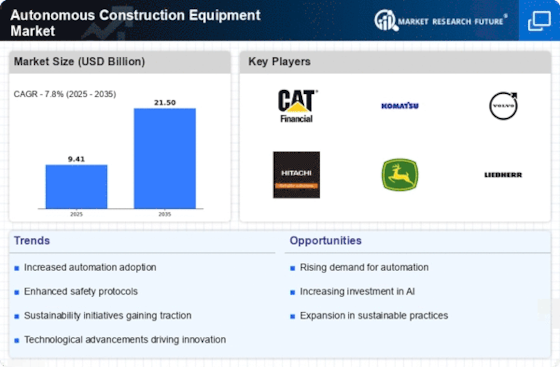
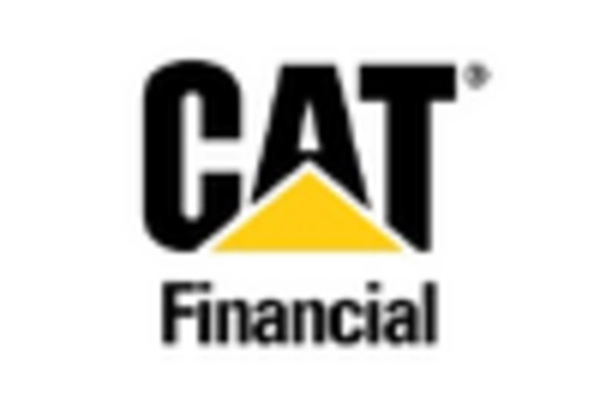
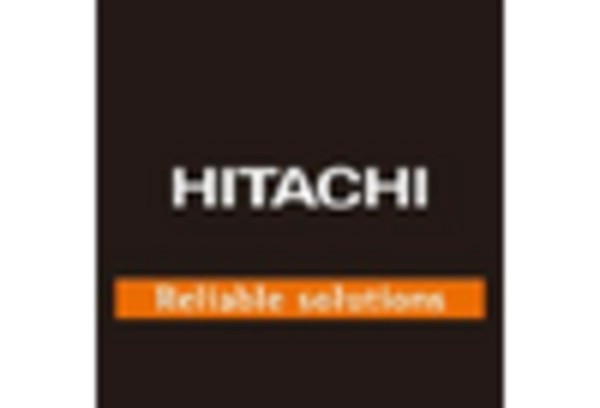

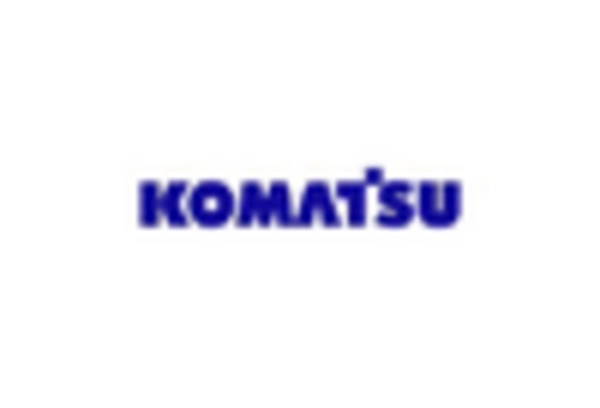
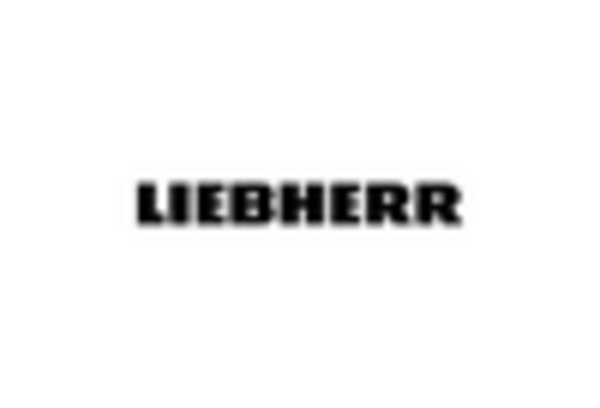
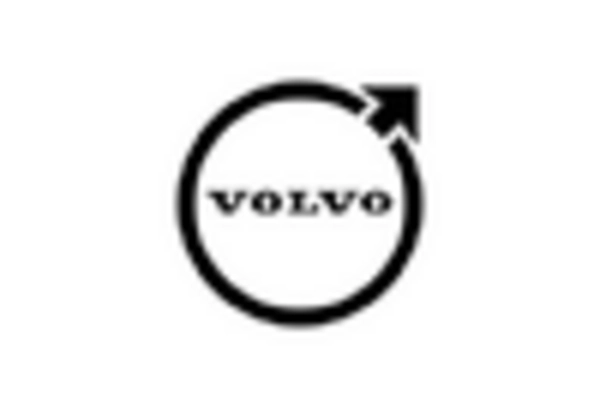









Leave a Comment